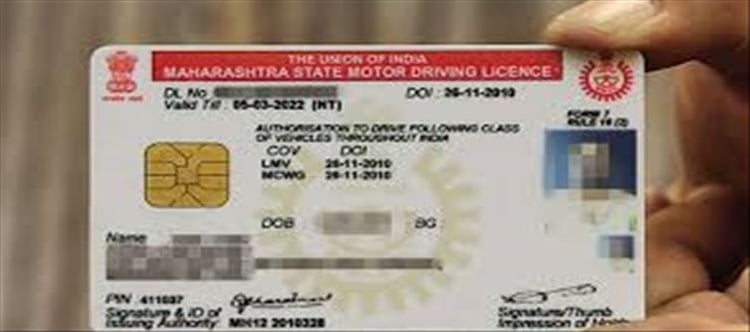
Reportedly Smart card driving license looks like a credit or debit card. Its biggest feature is the microprocessor chip present in it, which contains all the details related to the driver. The old driving license looked like a notebook or booklet, but now it has been upgraded and made smart. You must have noticed that Form 7 Rule 16 (2) is written on the back of your driving license, so it means that your smart card is laminated and has a chip in which all your details are hidden. During vehicle checking, just by scanning this chip, all your details will come. Whenever you apply for a smart card, you will get both Form 7 Rule 16 (1) and Form 7 Rule 16 (2). There is 1 smart card without chip and 2 smart cards with chip. Overall, if you want to apply for a laminated card or smart card, then you will have to fill Form 7. After this, when you will be issued a card, Form 7 Rule 16 (2) or (1) will be written on it.
Meanwhile the driving license is issued by the Regional Transport Office. In the smart card driving license, the biometric information of the licensee is stored in the server of the RTO (Regional Transport Office). This plastic card is tamper proof, that is, it cannot be tampered with. The microprocessor chip embedded in it has 64 KB memory.
If you want to apply for a driving license, then you have to go to the official website (parivahan.gov.in) of Transport service of the Ministry of Road Transport and Highways, government of India. After this, go to the drop down menu of online services and click on Driving License Service. After this, you will have to select your state and RTO area. After this, fill in all your information and upload ID proof, age proof and residence certificate through scan. After the documents, upload the photo and signature. After this, if necessary, book a DL test slot and pay the fee. After this, go to the RTO as per the scheduled time for testing. If you pass the test, the DL will be delivered to your address through post.




 click and follow Indiaherald WhatsApp channel
click and follow Indiaherald WhatsApp channel